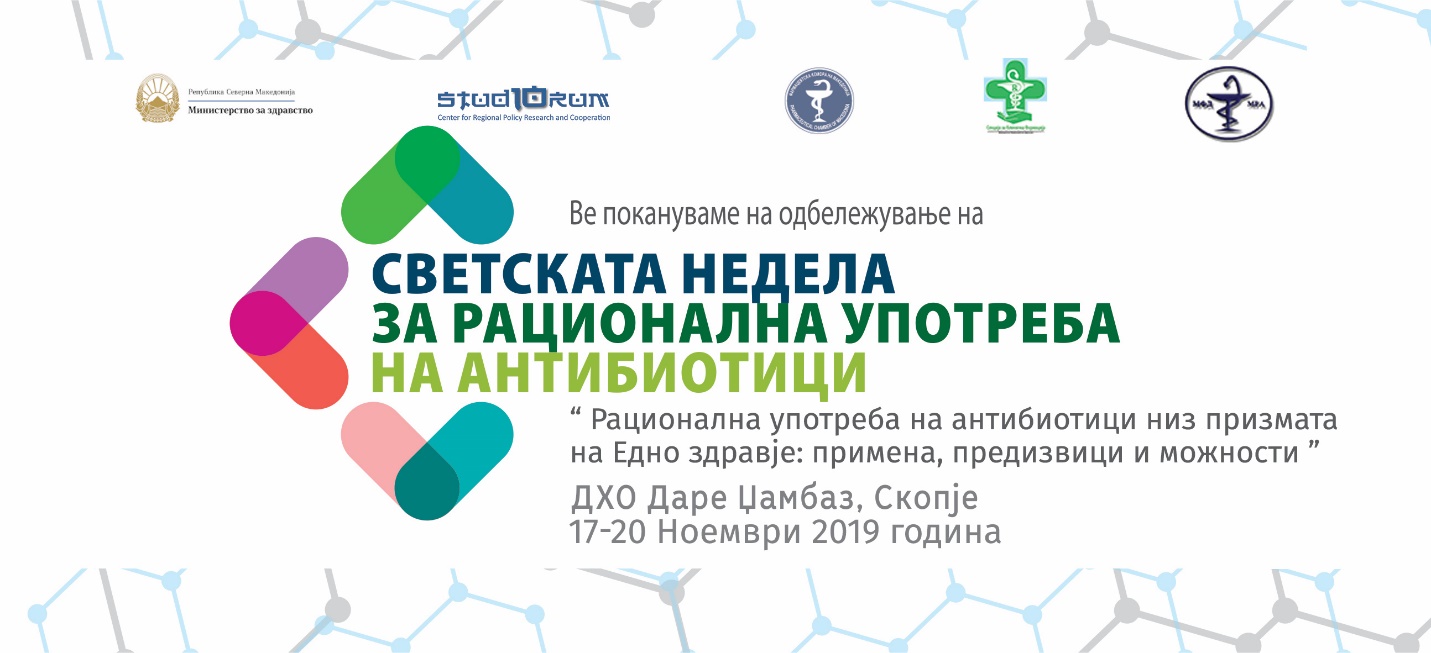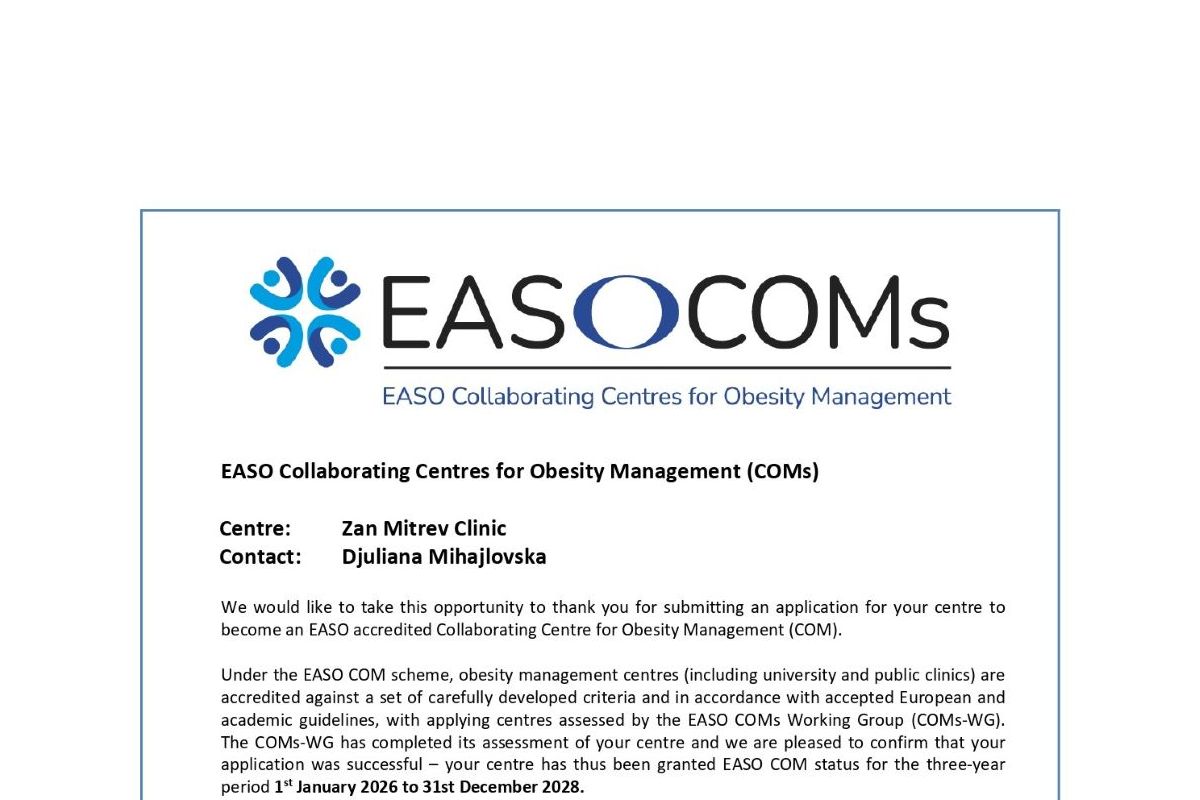 00389 2 3091 484
00389 2 3091 484
World Antibiotic Awareness Week
November 19, 2019
World Antibiotic Awareness Week
17.11.2019 – 20.11.2019
“The future of antibiotics depends on us all!” – this logo marks the 2019 World Antibiotic Awareness Week. The message clearly states that we have a duty to preserve antibiotics, because we cannot consider them to be inherited from our ancestors but borrowed from future generations.
Each November, the World Antibiotic Awareness Week (WAAW) aims to raise awareness of antimicrobial resistance as a global phenomenon, as well as to enhance the application of best practices among the general population, health care providers and health policy makers in order to slow down and prevent the development and spread of antimicrobial resistance.
The Republic of North Macedonia has celebrated November 18th – the European Antibiotic Awareness Day since 2008, as well as the World Antibiotic Awareness Week since its establishment in 2015.
This year, at the initiative of PZU Zhan Mitrev Clinic and the Clinical Pharmacy Section of the Macedonian Pharmaceutical Association, pharmacists were actively involved in the realization of the 5th educational seminar “Multidisciplinary Approach to the Management of Antibiotics” held on 18.11.2019 within the World Antibiotic Awareness Week.
The seminar was quite extensive and rich with lectures held by professionals from the Faculty of Pharmacy, by public health practitioners, clinicians and microbiologists, as well as pharmacists.
The seminar was introduced by the Presidents of the Pharmaceutical Chamber and the Macedonian Pharmaceutical Association and by Associate Professor Golubinka Boshevska, MD – National Coordinator of the Multisectoral Commission on Antimicrobial Resistance (AMR).
As clinical pharmacists of the Zhan Mitrev Clinic, we have given a full overview of the measures and activities we have taken to manage antibiotics in our facility. The benefits of incorporating a pharmacist into the antibiotic management team in 2017 are evident, not only with huge financial savings but also with complete controlled and safe antibiotic treatment of patients according to international standards. Decisions on antibiotic administration are based on strictly defined guidelines and quality indicators that influence the positive outcome of treatment in our patients. For each patient, the prescribed antibiotic therapy is individually checked for suitability according to age, body weight, and laboratory parameters. The concentration of antibiotics in the blood is monitored for dose adjustment according to individual characteristics in order to optimize it and reduce adverse effects. We can proudly say that the interventions implemented in the strict control and management of antibiotics follow the world standardized hospitals.
The purpose of our presentation at this seminar was to practically present the positive trends in controlled antibiotic use, share the positive experiences of other clinical pharmacists, our colleagues, and transfer this positive practice in their health care facilities with our knowledge and resources.








